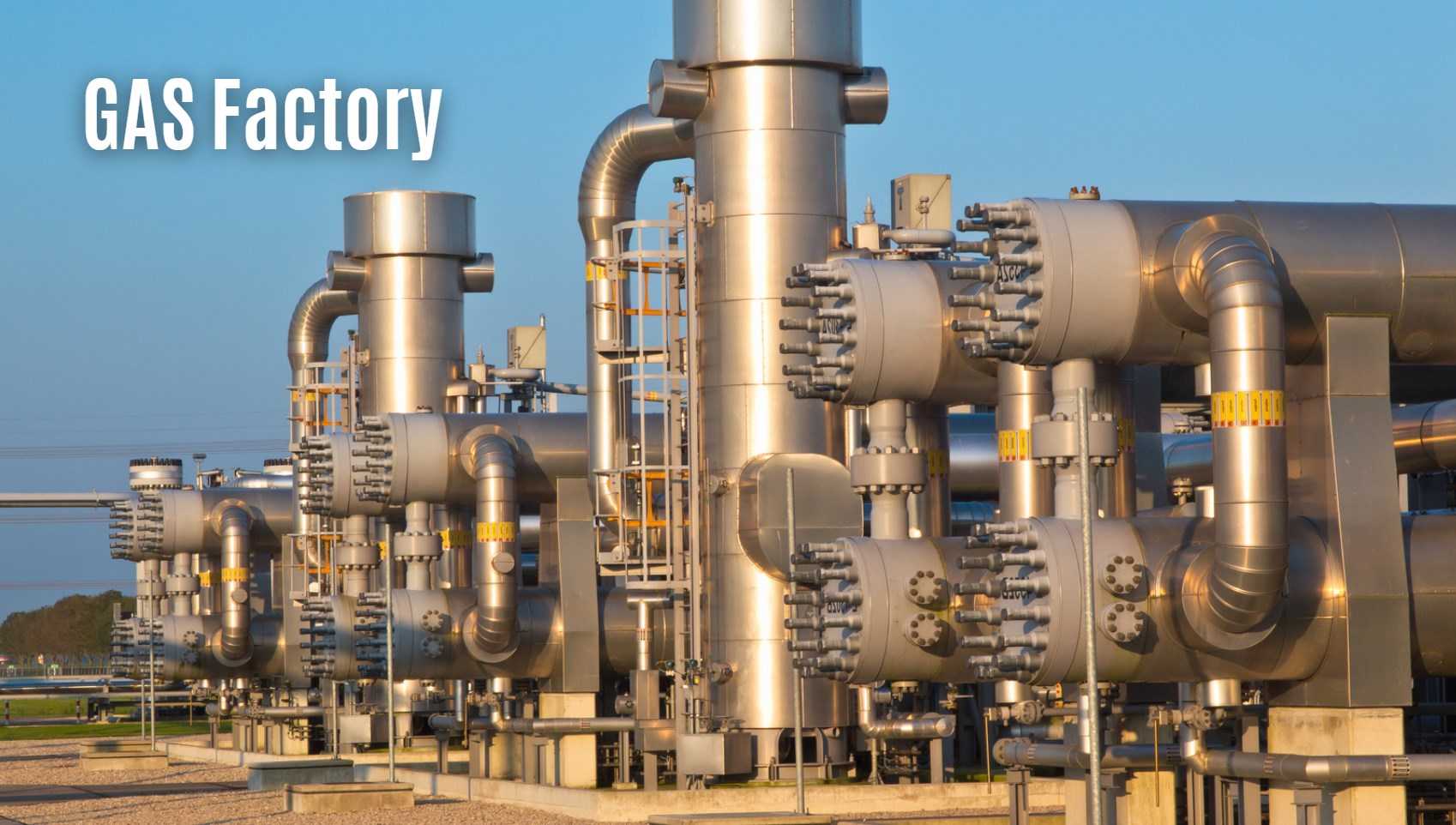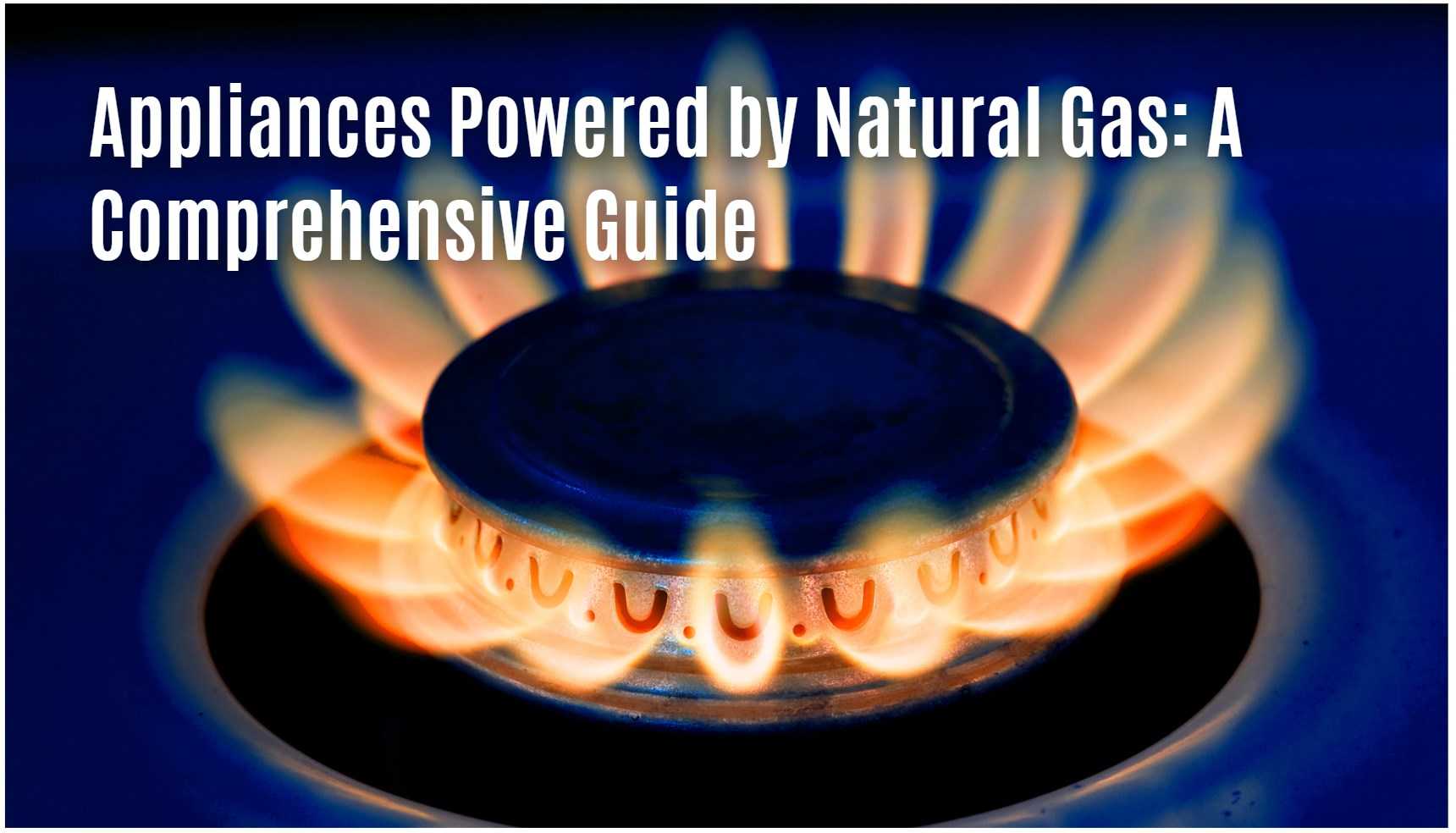Natural gas is a widely used source of energy in households across the United States. It is derived from fossil fuels and primarily consists of methane. Apart from being convenient and safe, natural gas offers various uses in homes, including cooking, heating, cleaning, drying, air conditioning, and powering appliances such as grills, ovens, cooktops, stoves, ranges, clothes dryers, freezers, refrigerators, and water heaters.
Cooking Appliances
Gas-powered grills, ovens, cooktops, stoves, and ranges are favored by professional chefs due to their numerous advantages over electric alternatives. Gas stoves offer even heat distribution, lower energy costs, instant temperature control, and excellent energy efficiency. Moreover, they produce fewer greenhouse gas emissions and are considered the cleanest-burning fossil fuel.
Clothes Dryers
Compared to electric dryers, gas dryers consume less energy and dry clothes faster, thanks to their higher operating temperatures. The shorter drying cycles also result in less tumbling, reducing the potential for clothes damage.
Freezers and Refrigerators
Natural gas-powered freezers and refrigerators not only maintain optimum temperatures for storing food but also provide reliability during power outages. These appliances use ammonia as a coolant, following a process known as ammonia refrigeration or absorption cooling. They are durable and do not have any parts that can be washed out.
Air Conditioning
Using natural gas for air conditioning can significantly reduce energy consumption and save money. Gas-powered air conditioners consume less than 50% of the energy consumed by standard electric models while maintaining excellent energy efficiency.
Additional Uses
Natural gas is also utilized for generating electric power, heating pool water with pool heaters, providing warmth through patio heaters, fire pits, and fireplaces, as well as heating water for dishwashing, laundry, and showers with water heaters.
What Uses Gas the Most in a House?
The appliances that typically consume the most gas in a house are gas ranges, water heaters, and dryers. However, adopting simple habits like turning off lights when leaving a room, adjusting water heater temperature settings, taking shorter showers, and turning off unused gas appliances can help lower gas bills.
Does a Water Heater Use Gas?
Yes, there are water heaters that use gas as their primary energy source. However, it is worth noting that gas water heaters are generally less efficient than their electric counterparts. Gas water heaters can be identified by the presence of an exhaust pipe or a pilot light.
Are Radiators Gas or Electric?
Radiators can be powered by both gas and electricity. Duel fuel radiators are designed to utilize both energy sources for heating buildings.
Is Natural Gas Right for Your Home?
Natural gas is a safe and widely used energy source in many households. It is the cleanest-burning fossil fuel and dissipates quickly in the air, reducing the risk of accidents. Around half of Americans rely on natural gas as their main household energy source.
Top 10 Questions for Energy Storage and Solar Industry Practitioners
1. How can natural gas appliances contribute to energy efficiency in households?
2. What are the benefits of using gas-powered cooking appliances over electric ones?
3. How do gas dryers compare to electric dryers in terms of energy consumption and clothing care?
4. Can natural gas-powered freezers and refrigerators maintain safe temperatures during power outages?
5. How does using natural gas for air conditioning help save energy and reduce costs?
6. What are some additional uses of natural gas in residential settings?
7. How can households reduce their gas consumption and lower their gas bills?
8. Are there any disadvantages to using gas water heaters compared to electric water heaters?
9. What are duel fuel radiators, and how do they operate?
10. Is natural gas a sustainable and environmentally friendly choice for household energy needs?





